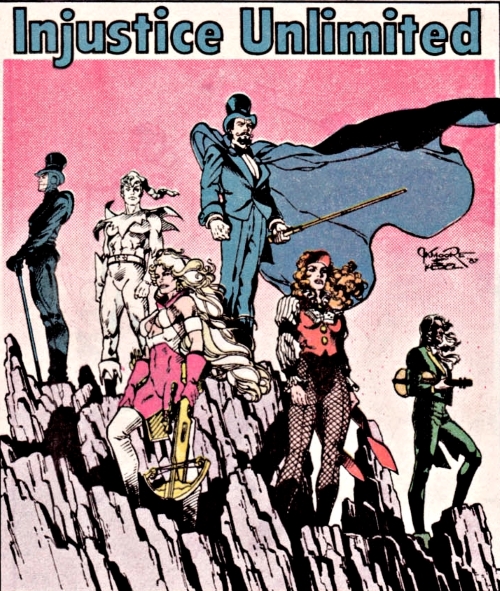

Yet such is the weakness of even the best of human minds that, now rejected as dangerous innovators, now hindered in the good work by their very associates advocating other courses of action, and, uncertain in the face of various opinions, they were at a loss which way to turn.ħ. Those men were without question sincerely seeking an immediate remedy for this lamentable disorganization of States and a secure safeguard against worse dangers. The same feeling those many Catholics, both priests and laymen, shared, whom a truly wonderful charity had long spurred on to relieve the unmerited poverty of the non-owning workers, and who could in no way convince themselves that so enormous and unjust an in equality in the distribution of this world's goods truly conforms to the designs of the all-wise Creator.Ħ. The workers, on the other hand, crushed by their hard lot, were barely enduring it and were refusing longer to bend their necks beneath so galling a yoke and some of them, carried away by the heat of evil counsel, were seeking the overturn of everything, while others, whom Christian training restrained from such evil designs, stood firm in the judgment that much in this had to be wholly and speedily changed.ĥ. Quite agreeable, of course, was this state of things to those who thought it in their abundant riches the result of inevitable economic laws and accordingly, as if it were for charity to veil the violation of justice which lawmakers not only tolerated but at times sanctioned, wanted the whole care of supporting the poor committed to charity alone. One class, very small in number, was enjoying almost all the advantages which modern inventions so abundantly provided the other, embracing the huge multitude of working people, oppressed by wretched poverty, was vainly seeking escape from the straits wherein it stood.Ĥ.

For toward the close of the nineteenth century, the new kind of economic life that had arisen and the new developments of industry had gone to the point in most countries that human society was clearly becoming divided more and more into two classes.

Yet the Encyclical, On the Condition of Workers, compared with the rest had this special distinction that at a time when it was most opportune and actually necessary to do so, it laid down for all mankind the surest rules to solve aright that difficult problem of human relations called "the social question."ģ. Other Encyclicals of Our Predecessor had in a way prepared the path for that outstanding document and proof of pastoral care: namely, those on the family and the Holy Sacrament of Matrimony as the source of human society, on the origin of civil authority and its proper relations with the Church, on the chief duties of Christian citizens, against the tenets of Socialism against false teachings on human liberty, and others of the same nature fully expressing the mind of Leo XIII. Venerable Brethren and Beloved Children, Health and Apostolic Benediction.įorty years have passed since Leo XIII's peerless Encyclical, On the Condition of Workers, first saw the light, and the whole Catholic world, filled with grateful recollection, is undertaking to commemorate it with befitting solemnity.Ģ. IN PEACE AND COMMUNION WITH THE APOSTOLIC SEE,ĪND LIKEWISE TO ALL THE FAITHFUL OF THE CATHOLIC WORLD. TO OUR VENERABLE BRETHREN, THE PATRIARCHS, PRIMATES,ĪRCHBISHOPS, BISHOPS, AND OTHER ORDINARIES


 0 kommentar(er)
0 kommentar(er)
